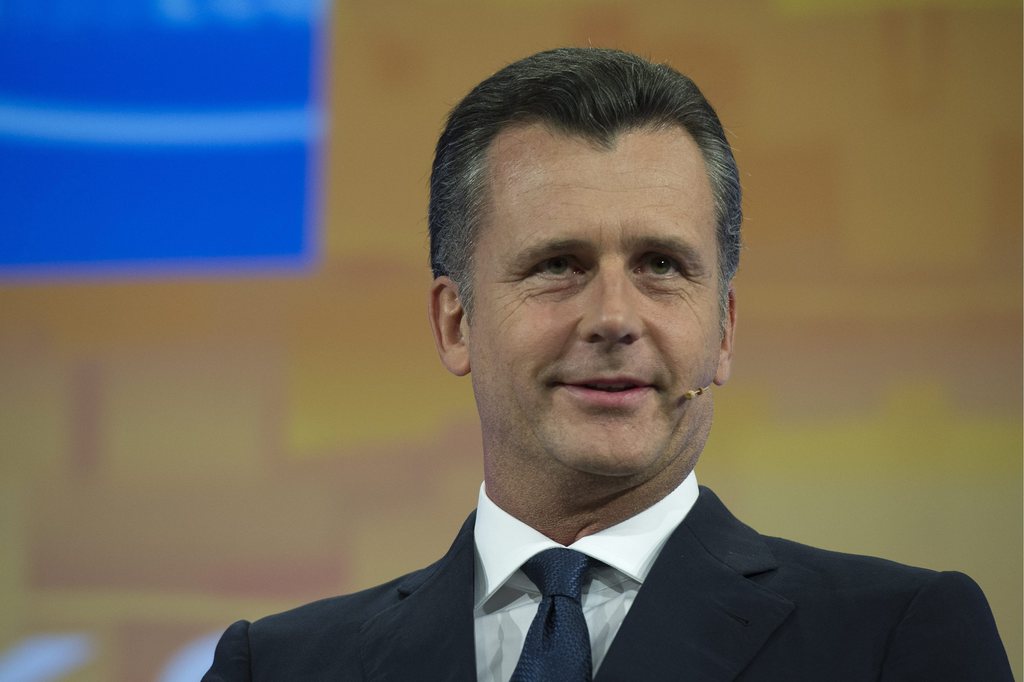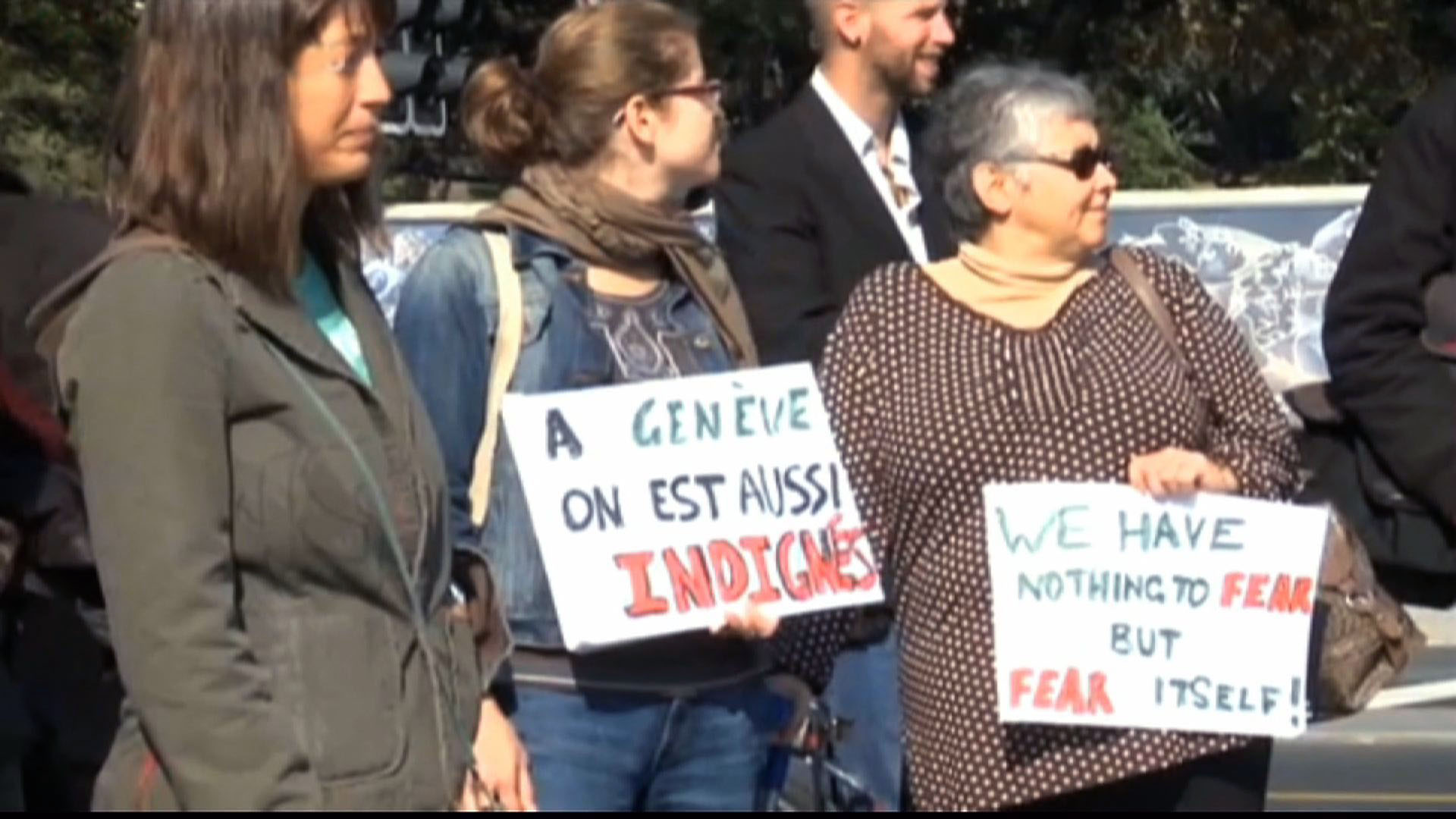Ratings agency questions SNB euro intervention

Switzerland’s central bank has accelerated the eurozone’s increasingly uneven wealth distribution by investing significantly in more stable European countries to dampen the Swiss franc’s value, according to a ratings agency.
However, the Swiss National Bank (SNB) denied Standard & Poor’s estimates that it had bought €80 billion (SFr97 billion) worth of bonds issued by the “core” eurozone countries of Germany, France, the Netherlands, Finland and Austria during the first seven months of 2012.
This would amount to 48 per cent of those countries’ collective full-year deficits, of which Switzerland bought only about 10 per cent in 2011, according to a Standard & Poor’s report released on Tuesday.
The SNB does not release details of how it manages its reserves, but told the Swiss News Agency that the Standard & Poor’s study was based on false assumptions and that its figures were therefore incorrect or unfounded.
The ratings agency report “ignores the sizable increase of SNB deposits with other central banks and international institutions which are published monthly by the SNB,” the SNB added.
The United States ratings agency alleged that the Swiss central bank’s investments, coupled with strong demand for the “safe haven” franc, had effectively funneled assets away from the eurozone’s weaker economies, such as Greece and Spain.
The interventions had also driven down yields for bonds issued by the core European economies, which stand at 2.15 per cent year-to-date, versus 3.04 per cent in 2011, according to the Standard & Poor’s calculations.
Swollen foreign reserves
For the last year, the Swiss central bank has swollen its foreign reserves to around 75 per cent of gross domestic product (GDP) as it defended its exchange rate floor of SFr1.20 against the euro.
The investment trend leaves some Swiss worried that they could be in trouble if the debt crisis continues to deepen. The rightwing Swiss People’s Party, for example, has continued to speak out against the SNB’s euro investments, declaring them too risky given losses incurred in previous SNB interventions.
But some investors believe things are looking up with the Swiss franc weakening against the euro for the first time in many months. This has been accompanied by a recent fall in European bond yields.
However, Swiss National Bank chairman Thomas Jordan was quick to note on Tuesday that these developments should not be interpreted as signs of a definite eurozone recovery.
“Unfortunately, it’s probably still too early to tell whether this is in fact the case or not,” Jordan said at a business event near Zurich this week.
Jordan also said that the SNB’s maximum peg of one euro to SFr1.20 will remain in place for the foreseeable future, with no planned end date for the policy.

In compliance with the JTI standards
More: SWI swissinfo.ch certified by the Journalism Trust Initiative





You can find an overview of ongoing debates with our journalists here. Please join us!
If you want to start a conversation about a topic raised in this article or want to report factual errors, email us at english@swissinfo.ch.